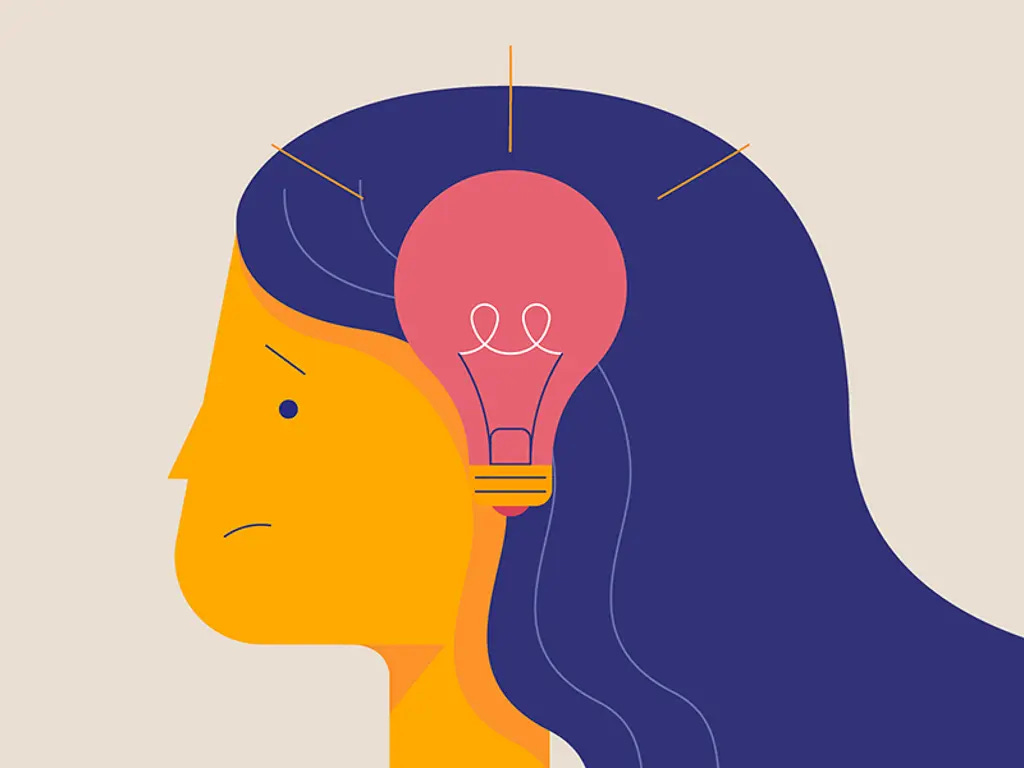Anxiety is among the most prevalent mental health conditions worldwide, affecting millions of people every year. It manifests in various forms, such as generalized anxiety disorder, social anxiety, panic disorder, and more. While occasional anxiety is a natural response to stress, persistent and overwhelming anxiety may require treatment. Understanding the common anxiety treatment options helps provide insight into ways to manage symptoms effectively.
Psychological Therapies
Psychological therapies are often a key first step in anxiety treatment. One of the most common methods is Cognitive-Behavioral Therapy (CBT), which helps people identify and change negative thoughts and behaviors that contribute to anxiety. In CBT sessions, individuals work with a therapist to learn coping strategies, reframe negative thinking, and gradually face situations that trigger anxiety. Another effective approach is mindfulness-based therapy, which focuses on staying present in the moment and reducing anxious overthinking. These therapies are personalized to fit each person’s unique experiences and challenges, making them a valuable tool in managing anxiety.
Pharmacological Interventions
Medication if often an effective part of anxiety treatment, especially for those with moderate to severe symptoms. Selective serotonin reuptake inhibitors (SSRIs), like sertraline, are commonly prescribed to help balance brain chemicals and regulate mood. A healthcare professional usually monitors medication use to help patients manage any side effects or risks.
In some cases, hormone replacement therapy (HRT) might also be an option. This is particularly helpful for anxiety linked to hormonal imbalances, such as during menopause or perimenopause. HRT works by supplementing hormones like estrogen or progesterone, which help improve mood and reduce anxiety. Like any treatment, HRT should be carefully managed by a healthcare provider to keep it safe and tailored to the individual’s needs.
Lifestyle Modifications
Lifestyle changes powerfully complement psychological and pharmacological treatments. Small, maintainable changes boost overall well-being and improve mental health. Here are some key practices that can help reduce anxiety symptoms:
- Engage in regular physical activity: Exercise can significantly reduce anxiety, boost endorphin levels, and foster a sense of achievement.
- Adopt a nutrient-rich diet: Consuming foods rich in omega-3 fatty acids, whole grains, and leafy greens supports brain health.
- Practice relaxation techniques: Activities like yoga, meditation, or deep-breathing exercises help calm the nervous system and lower cortisol levels.
- Prioritize quality sleep: Restful, sufficient sleep is key for mood regulation, reducing irritability, and combating fatigue.
- Moderate caffeine and alcohol consumption: Limiting caffeine and reducing alcohol intake can alleviate symptoms of anxiety and support emotional balance.
By making small, intentional lifestyle changes, individuals can create a foundation for stronger emotional health and better overall quality of life.
Professional Guidance
When managing anxiety, consulting a qualified healthcare provider can be an integral part of the process. Mental health professionals, such as therapists, psychologists, and psychiatrists, are equipped to evaluate an individual’s symptoms and recommend a treatment plan tailored to their needs. Advocacy for mental health has grown significantly in recent years, making it easier for individuals to access resources and support systems.
Finding Anxiety Treatment That Works for You
Anxiety treatments vary based on factors such as symptom severity, personal preferences, and overall health. Psychological therapies, pharmacological interventions, lifestyle adjustments, and professional support are among the most common approaches. While addressing anxiety may require time and patience, understanding treatment options is a meaningful step toward managing symptoms effectively. By exploring these pathways, individuals can work toward achieving a greater sense of calm and control in their daily lives.
- Exploring the Role of a Cataract Surgeon in Restoring Vision
- Is IXL Bad For Mental Health – 10 Hidden Effects You Shouldn’t Ignore!
- How To Choose a Water Purification System for Your Needs
- How Podiatrists Help With Common Foot Conditions
- Obesity Medicine for Kids and Teens: How Specialists Approach Youth Health


Leave a Reply